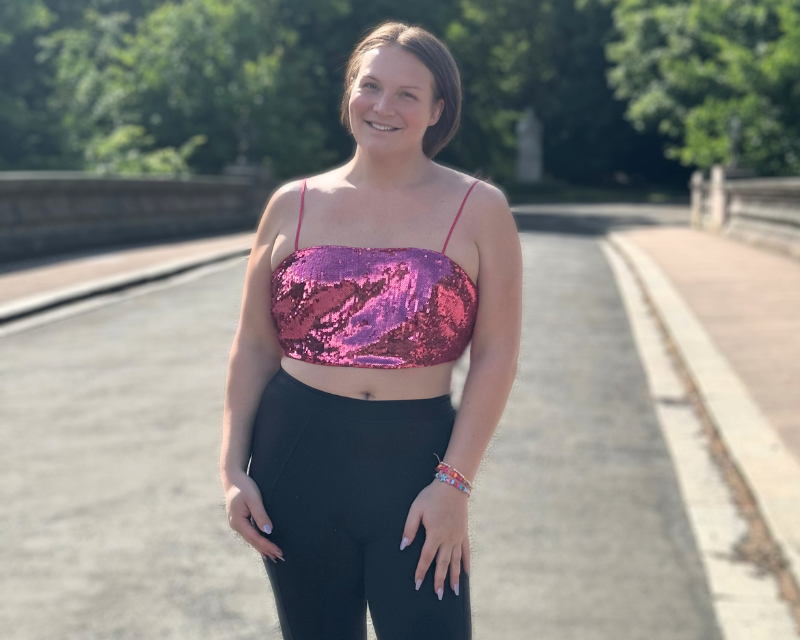
“Looking back now, I do think that men took advantage of a youth in a vulnerable spot by purchasing access to my body. I see there there were opportunities for me to have identified — by teachers or medical professionals — but I wasn’t. Instead, I was treated like a throwaway.
At 16 years old, as a gay youth in my Junior year of high school, I was able to start connecting with people using social media and gay hookup apps like Grindr. Up until that point, my upbringing had been challenging and lonely. I grew up in a home with a single mother who faced her own mental health issues and worked long hours. My father was largely absent – not by choice, but because of a hostile divorce. Many responsibilities fell on me from a young age and school didn’t provide much of an escape, since identifying as gay meant that I was treated like an outcast.
Once I was able to start posting pictures of myself online, older men (that I now refer to as the wolves to my Little Red Riding Hood) would compliment me and make me feel special, like they cared about me. Then, things began to escalate. Some of these men offered to pay me for sexual content like explicit photos and videos. Others offered me money to meet up with them for sex. Soon, I was not only exchanging sex for money to buy a phone and other luxuries that my single mother couldn’t otherwise afford, but also to buy meals at restaurants. This became my new normal.
During this time, I went from having good grades and being a motivated student to failing assignments and barely attending my classes. When I did attend class, I got away with using my phone the entire time. My peers and teachers had no idea what was going on, and no one questioned me. Some of my family members thought I was “discovering my sexuality,” while others chose to look away. Three weeks before I turned 18, I ran away from home. I was attempting to escape from the trauma I had experienced at home, but was exposed to more risks and trauma in the process.
Not recognizing I was experiencing youth homelessness, I continued to exchange sex and sexual content with older men to meet my needs — a place to stay, false emotional support, transportation, food, and clothing. However, the fact that this was all the support I had impacted my self-image and made me feel stuck. After experiencing several dangerous situations as well as mental health challenges from sleeping with strange men, without realizing it at the time, I wanted out. The winter after I turned 20, I reached out to my mom and asked if I could return home. Even though she had moved to a new city, I was able to reunite with her.
After some time and a lot of paperwork, I was able to access government assistance and my own safe housing. This gave me the support I needed so I would not have to continue exchanging sex to survive. Feeling more supported also led to me wanting to find a greater purpose and be more involved in my community, so I began to volunteer at a shelter. During this time, I attended a community training on human trafficking and learned that there were terms for what I had experienced — sex trafficking and exploitation. Up until that point, it had been easier for me to identify that I had experienced youth homelessness, but I had a harder time identifying that I experienced exploitation.
Looking back now, I do think that the men took advantage of a gay youth in a vulnerable spot by purchasing access to my body. I see that there were opportunities for me to have been identified — by teachers or medical professionals — but I wasn’t. Instead, I was treated like a throwaway.
People of all genders and races are exchanging sex to meet their needs and the public needs to understand that better. This is why I now work on a national level to bring much-needed awareness to the widespread issue of youth and young adults needing to exchange sex to meet their needs. I want to raise awareness of youth under 18 being able to access adult spaces via their phones through the App Store. I am changing systems that impact vulnerable young adults so they are supported and connected.
– Chrissi Bates